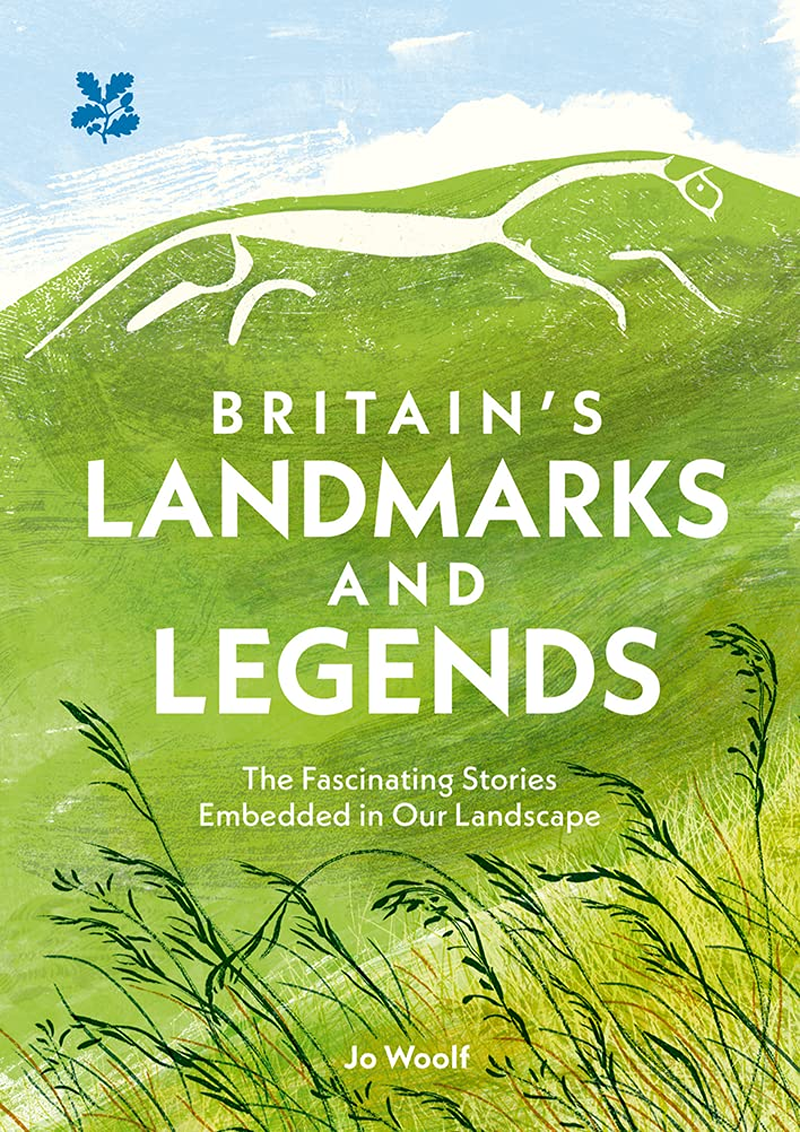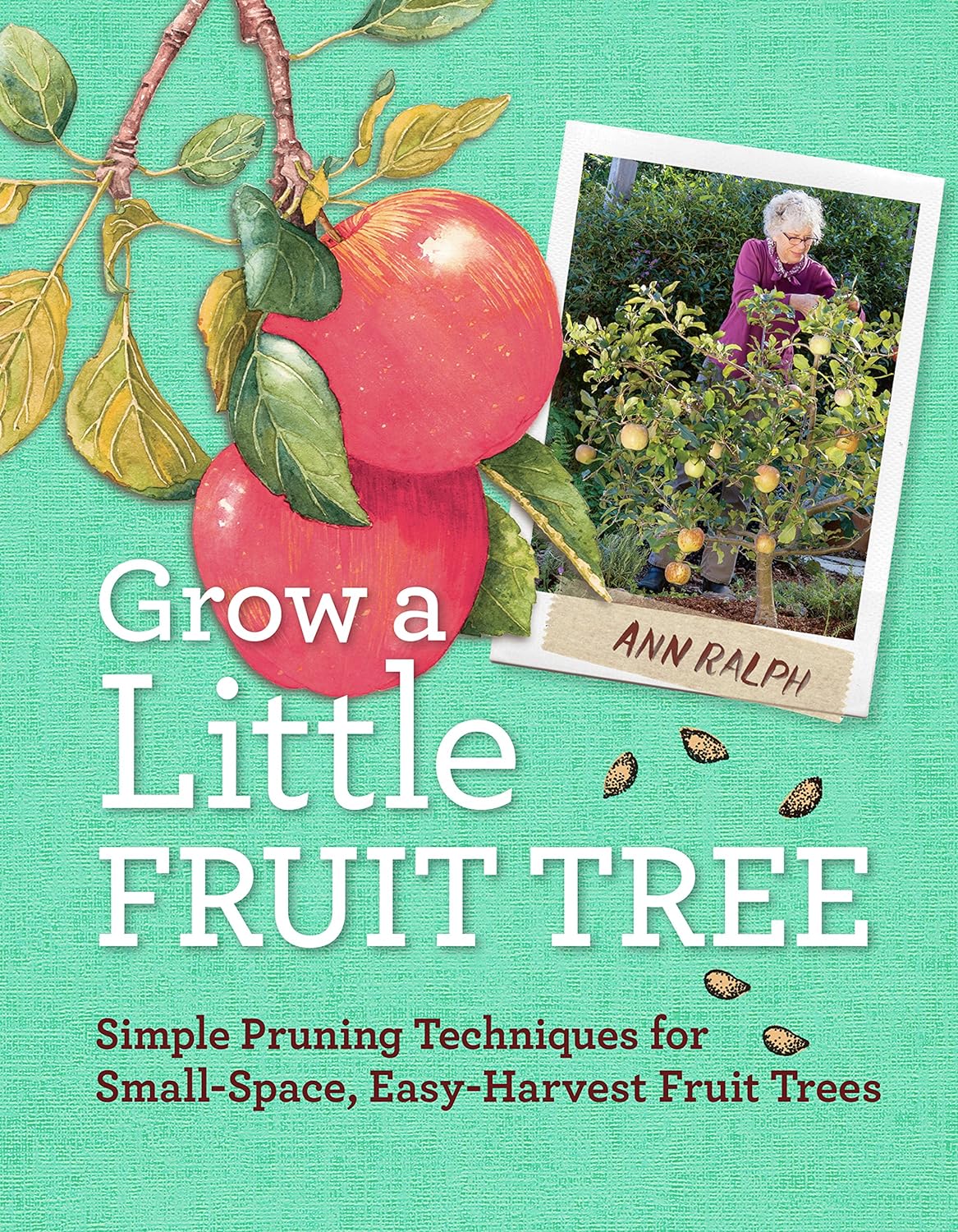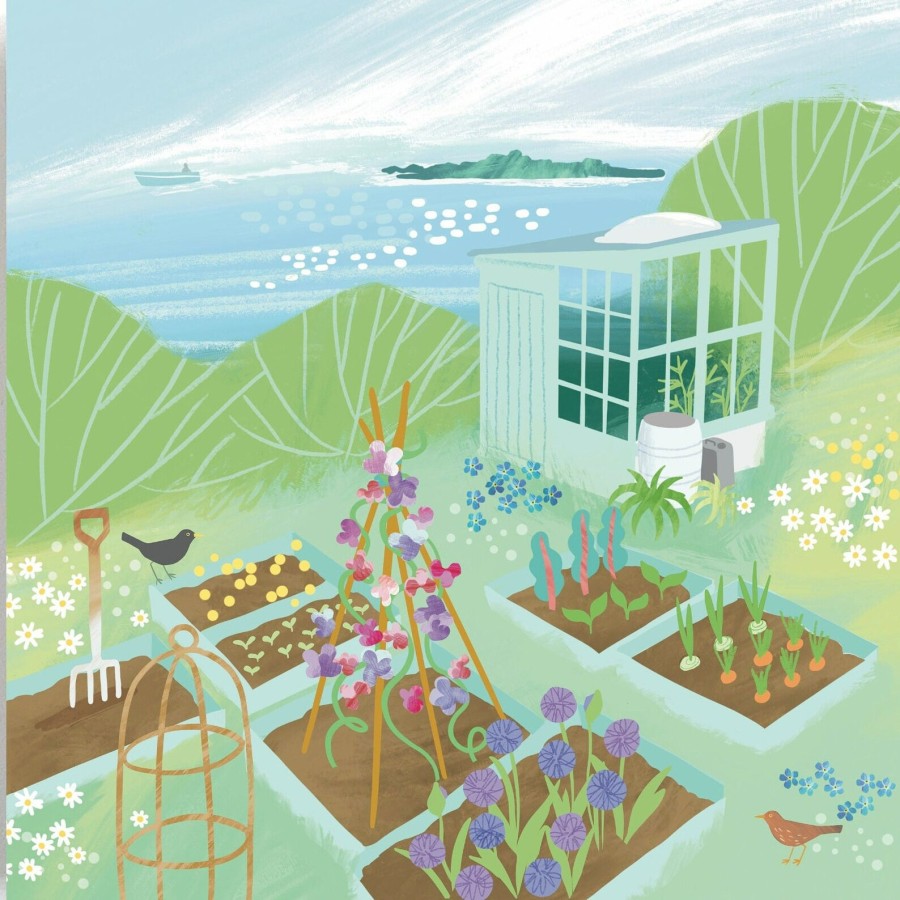
England is full of allotments, where people without gardens can rent a plot to grow their own food. However waiting lists are very long (from a few months to 15 years in Islington). In this post, we’ll look at how to rent an allotment plot plus some good alternatives, if you can’t wait that long!
Learn how to make allotment gardens safe for pets (toxic plants, mulch, tools etc) and also use humane methods to deter slugs and snails and other creatures. Grazers offers nontoxic deterrents for other creatures like aphids (organic gardening means ladybirds should do the job for you).
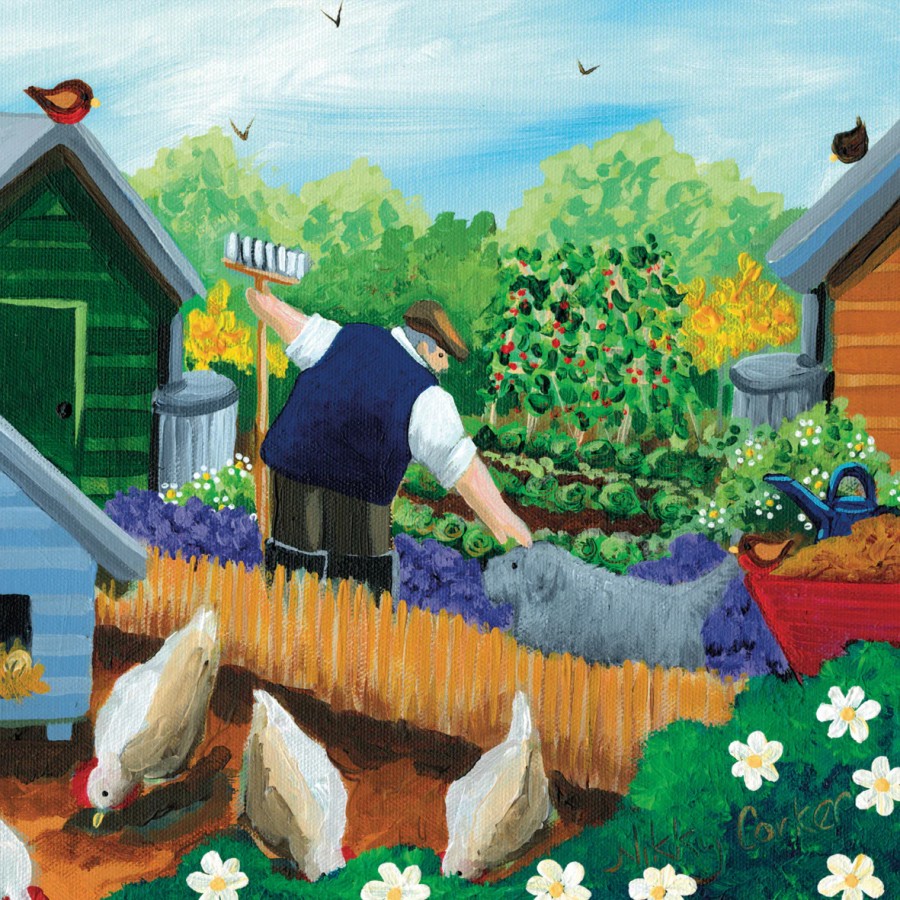
Allotments predate to Anglo-Saxon times (land is measured in ‘rods’ of 25 square feet), rented out cheaply by councils or churches. You can apply for a council allotment or look up plots to rent at AllotMe (where you can also offer land to rent). Rent is traditionally collected each year on 29th September (Michaelmas).
Most allotments include water costs in the rent (councils can save money by installing quality water tanks (from 700 to 1200 litres) and composting toilets (ideal for where there is no mains). Gardeners can donate excess produce to charities like Gloucestershire’s Freezers of Love (which gives it to hungry people).
Some allotments let you keep hens, but looking after chickens is complex anyway (rescuing/feeding ex-battery hens, keeping safe from predators) which gets more complicated for shared space (foxes at night, cockerels often banned due to noise etc).
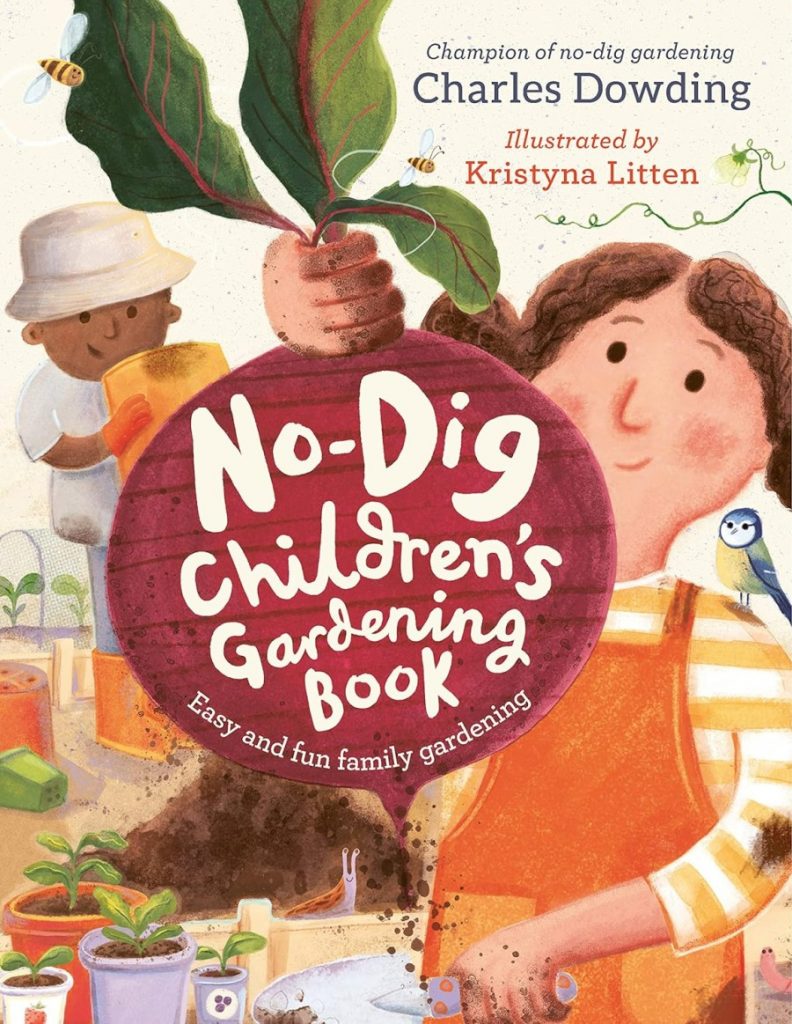
Find books to grow your own organic food (avoid netting with large holes that traps birds/wildlife to create wildlife-friendly gardens). Use no-dig techniques to protect wildlife (no forks/spades – and better for your back!)
Choose quality compost bins (avoid ‘hot’ food-waste digesters that can ‘cook’ garden creatures – avoid composting tea/coffee grounds, as caffeine can harm garden creatures).
alternatives to renting allotments
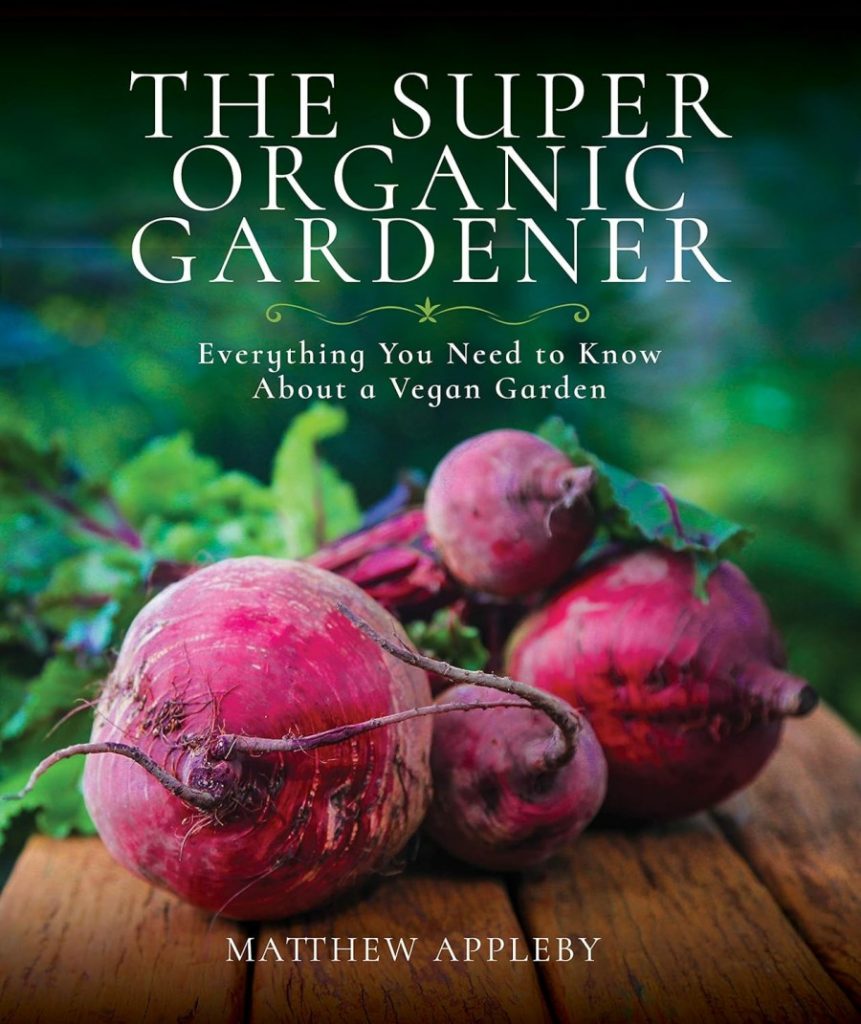
If the waiting list is very long, you could ask your council again as the Small Holdings and Allotments Act says councils have a mandatory obligation to provide places for local people to grow food (20 plots per 1,000 households). Otherwise here are some other ideas to consider:
Start (or join) a community garden. Islington’s Culpeper Community Garden is an example of how to do it well. Encircled by trees, this organic garden has a lawn, ponds, rose pergolas, a wildlife area and 49 vegetable plots (including 2 with raised beds for disabled gardeners) with a big compost bin and communal tool shed. Members can chat over tea in the hut or on the sun terrace, or simply watch the wildlife from the garden benches.
Lend & Tend is a garden-share website that connects people who have gardens (but can’t grow food due to time, age or disability) with those who wish to grow food, but don’t have gardens. Sign up for just over a tenner (or a donation) for a Patch Match! Read their safety rules.
Incredible Edible began in the Yorkshire town of Todmorden, but is now a worldwide movement. Volunteers grow free organic food for local people in train stations, health centres and schools, and also grow fruit/nut trees. Residents can then simply pick herbs on their daily commute or pop to the orchards to harvest some apples for supper!
Sheffield Abundance Handbook is a free download to help you start a ‘scrumping project’, using a pole with a hook to shake fruit from the trees. Like garden-shares, you find landowners who have fruit trees they are unable to harvest. Usually the fruit is shared between the landowner and scrumper, with bruised fruits being made into juice or jam for local community projects.
The Orchard Project began in London and again is a nationwide project. It creates new orchards (and restores veteran ones) to help restore the 80% lost in the last decades. People learn to grow and harvest apple, pear and plum trees, plus heritage varieties like medlar (tastes like apple, apricot and date).
Depaving is an idea from Oregon (USA) which has similar weather to us (lots of rain!) Paved areas do not just create higher temperatures through heat island effect but stormwater pollution (carrying toxins to local streams and rivers). So this outfit trains volunteers to smash up unused paved areas (care is needed as empty car parks often have sump oil to dispose of) then uses these ‘dead areas’ to create free community gardens. Download the free ‘how to depave’ guidebook.
good books for allotment growers
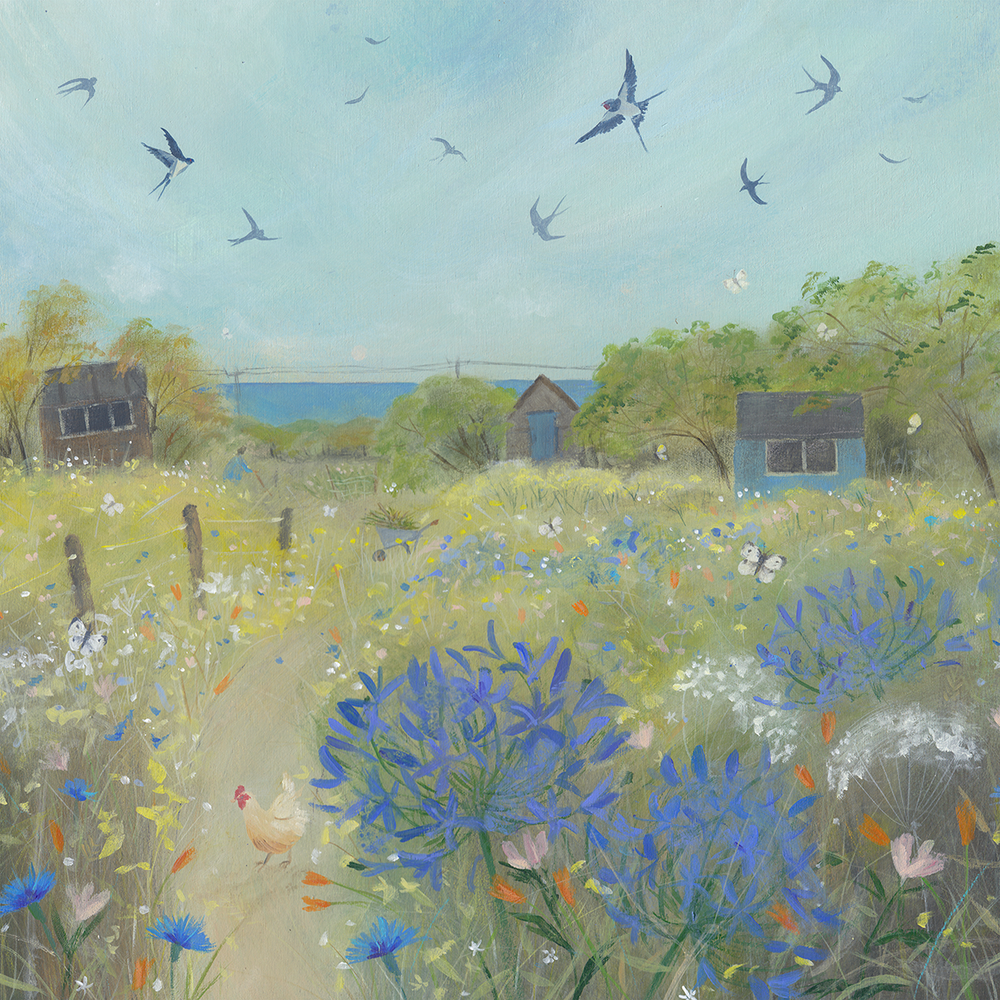
The Plastic-Free Gardener is a good book for allotment growers, as you don’t want to be leaving plastic waste for others to have to clear up.
Rekha’s Kitchen Garden is the story of a North London allotment grower with over 30 years experience. Here she shows lessons learned, with a celebration of over 40 seasonal crops to inspire you to make the most of your allotment.
This Allotment is a glorious celebration of plots that cover a miniature kingdom of carrots and courgettes, welcoming arms, cricket on the radio and cups of tea in tumbledown sheds.
This Blessed Plot is by a woman who transformed an overgrown neglected strip of ground on a council allotment, with nothing more than fond memories of her late father’s gardening and beginner’s enthusiasm. This is the story of her first year nourishing exhausted soil, kind strangers and growing too much lettuce!
The Resilient Garden & Allotment Handbook shows how to create a thriving plot that works in harmony with nature. Written by a permaculture organic gardener, learn how to build healthy soil through no-dig practices, make your own compost, cover crops and create wildlife-friendly habitats.
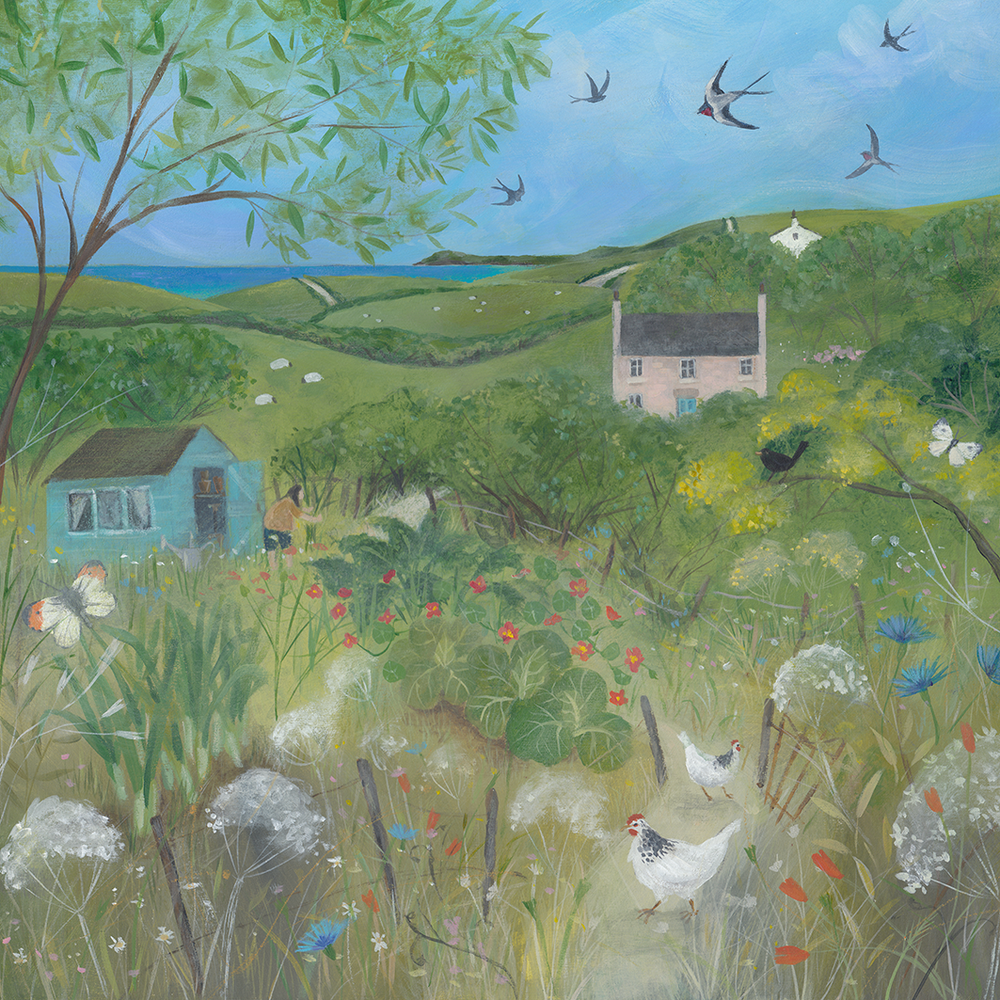
Call me repressed, call me terribly English, but when I go to my allotment, I’m not seeking spiritual knowledge. I’m seeking vegetables. And perhaps a bit of fresh air and exercise. But that’s all. I’m not there to unblock my chakras. I haven’t got time. I’ve got to put horse poo on the bean rows. Leave me alone. Paul Kingsnorth

